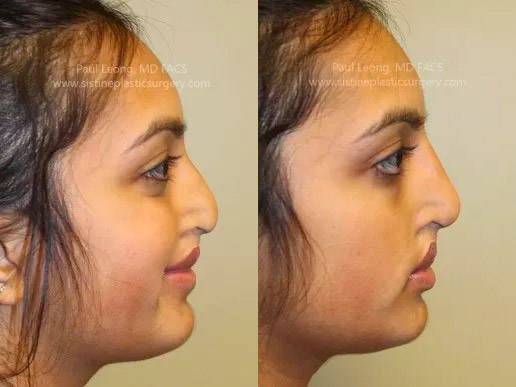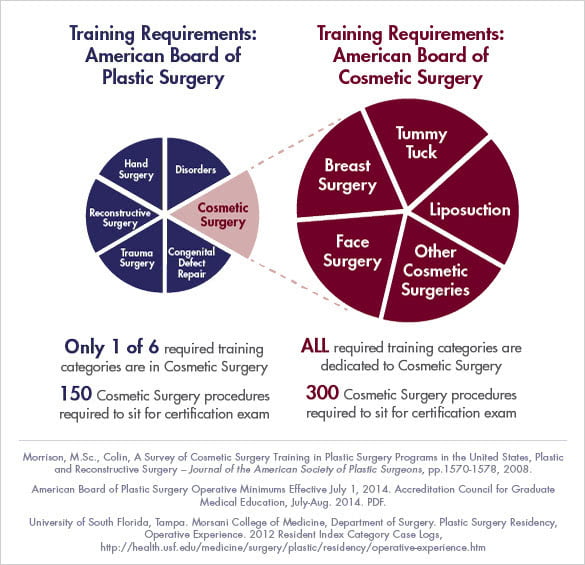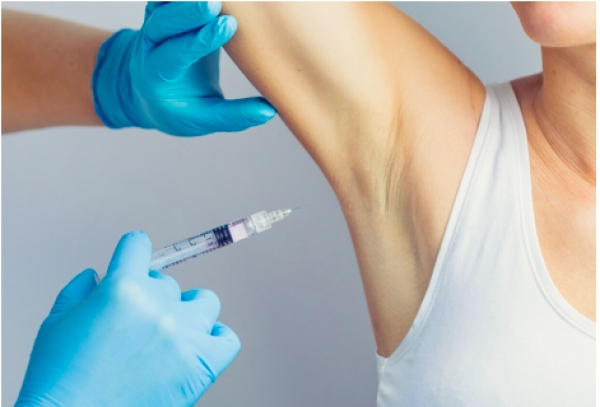
When it comes to purchasing health and beauty products, there are many choices. Online sellers are available for both small and large-scale purchases. Online sellers may sell products for beauty and health that are only available online. Others will offer products that can only be found in local shops. In either case, there are some key factors to keep in mind.
Brand positioning in beauty and healthcare products
A unique selling point is what you need to establish your brand when you launch a beauty and health product company. The USP is what differentiates your product from the competition. It can be anything from the quality of its ingredients to its transparency in the supply chain. RX Bar's "NO BS" energy bars use only real food ingredients. This approach may lead to increased sales, but it also results in less brand love.
Understanding your target consumer and their pain points is essential when creating a brand. Knowing your target consumers will allow you to create the brand positioning statement that is most relevant for your product. Once you've identified your brand positioning statement it is possible to begin creating your playbook.

Authenticity of brands
As consumers demand authentic products and services, authenticity is becoming more important in the beauty and health industry. Brands must demonstrate their true value to consumers by offering benefits that reflect their brand's ethos, as they spend more on higher-end products. This requires brands to go beyond social media presences and viral products. Their products must be able to improve the lives of people beyond the beauty business.
Today's wealthy beauty consumer demands transparency from brands, products, or services. This growing market expects luxury brands to be authentic in order to attract and keep them. They should have an emotional connection with their customers and be able to use online and new technologies to create personalised experiences at scale.
Shipping restrictions
You should be aware of some important points when shipping products for beauty and health. For example, some perfumes and topical products are banned from air freight due to their hazardous nature. Foundation is an example of a more fragile item that cannot be shipped by air. They may also get damaged if they are not packaged correctly for international shipping. Some cosmetics may even spoil if they are not stored properly. For these reasons, health and beauty products are often subject to strict regulations.
Some products may not need to be shipped as required. However, manufacturers who make beauty or health products need to comply with the European Union Cosmetic Regulation. These files include information about the ingredients such as safety information or ingredient lists. If cosmetics contain substances that are either banned or classified hazardous, they can't be shipped within the EU.

Competitive landscape
The competition in the beauty and health industries is intensifying. The competition in the beauty and health industry is becoming increasingly intense. Health practitioners must be clear and persuasive to reach their target audience. Practitioners need to be responsive to information about new trends in health care to stay ahead. Practitioners should be able to compare new health trends and traditional techniques in order to do so.
This report offers insights into market drivers and challenges. It also provides insights into the competitive landscape in the health and beauty market, including the intensity of competition across different geographies.